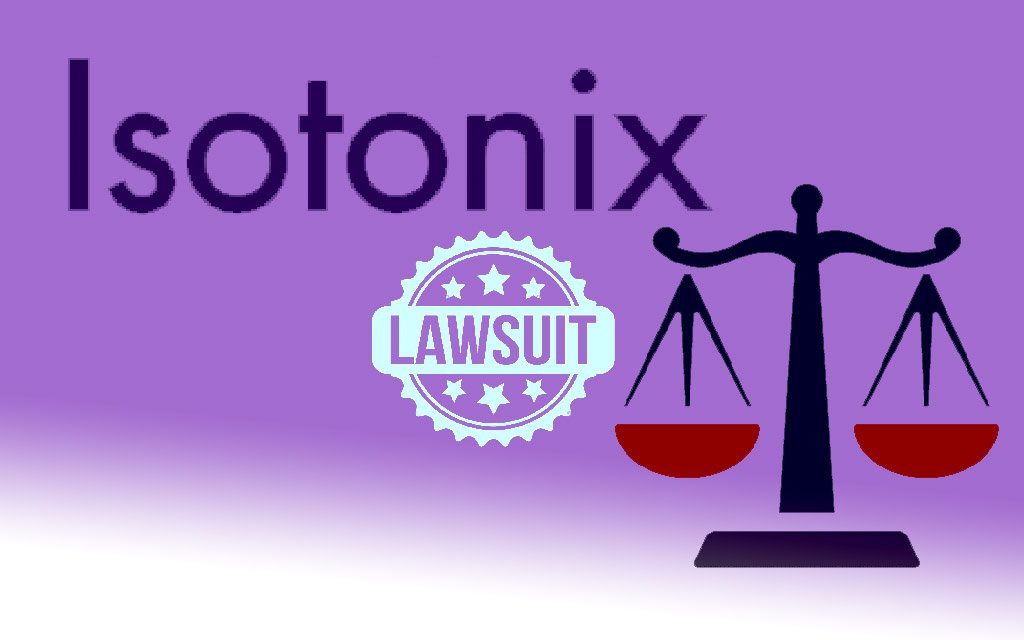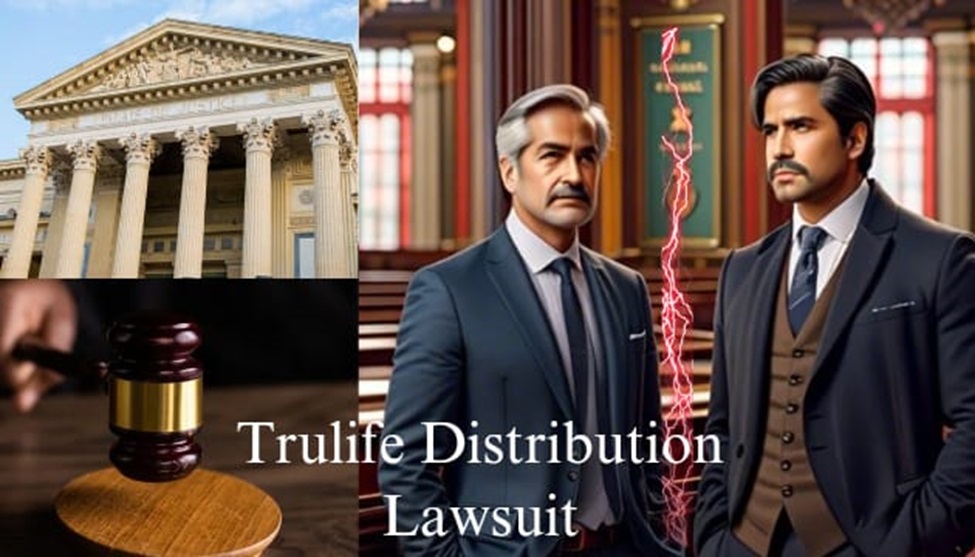The Open Payroll Massachusetts lawsuit is a critical battle between transparency and privacy in public governance. This lawsuit is based on the state’s decision to make public salaries of government employees. Transparency builds trust and accountability but raises concerns about personal security and rights. The question is whether wages need to be made public or if they are overstepping personal financial information.
This is not only a Massachusetts case. It could be a precedent-setting case for other states and a precedent that could influence national policy. It is a sensitive balancing act between the right of the public to know versus the protection of personal data. As the case evolves, society must reassess what transparency is too much and at what cost.
The Root of the Dispute
Massachusetts has always championed transparency in government operations. The state’s open payroll system was created to provide public access to financial data. It allows anyone to view the salaries of government employees. The objective was to improve trust between citizens and their government. The state, therefore, hoped to enhance accountability by ensuring taxpayers could see where their money went.
However, some employees believe this transparency has unintended consequences. They argue the system exposes personal information that should remain private. Their worries turned into a lawsuit challenging the very principles on which the open payroll policy operates. It forces one to question the juxtaposition of public interest with personal privacy in an age of digital advocacy.
Why Open Payroll Exists
Public funds come from taxpayers, and taxpayers have a right to know how their money is spent. This principle is the foundation of Massachusetts’ open payroll system. The state believes in giving citizens access to government salary data. Transparency promotes accountability and builds trust in public institutions.
The system operates through platforms like CTHRU, which makes salary data easily accessible online. These tools show base salaries, bonuses, and overtime payments. Massachusetts officials argue this openness benefits everyone. It ensures responsible spending and helps detect misuse of funds. The policy reflects a commitment to public service and integrity.
The Employees’ Concerns
Public employees have raised serious objections to the open payroll system. They argue that making salaries public invades their privacy. Their lawsuit states that the policy exposes personal financial details without consent. This, they claim, violates fundamental privacy rights guaranteed under the Constitution.
Another primary concern is security. Employees fear their personal information could be exploited. Public salary data can attract identity thieves or financial scammers. Some workers worry about becoming targets of harassment or threats. They argue that transparency should not come at the expense of personal safety. The lawsuit demands a fairer balance between openness and protection.
Legal Arguments of the Case
The lawsuit has brought forward strong arguments from both sides. The plaintiffs and the state government present contrasting views on the issue.
The Plaintiffs’ Perspective
The plaintiffs argue that their privacy deserves more significant protection. They believe publicizing salaries unnecessarily exposes their personal information. Many of them are not high-ranking officials. Their roles do not directly impact public policy or spending. They question why their details need to be public at all. The lawsuit emphasizes the importance of safeguarding individual rights.
The State’s Defense
The state of Massachusetts defends its open payroll policy as essential for transparency. Officials argue that taxpayers have the right to know how public funds are used. They see open payroll as a tool to ensure accountability and prevent corruption. The state believes it strengthens trust in government institutions by providing this information.
Read also: Village Promenade Muncie Indiana Lawsuit Over Redecorating Fees: What Tenants Need to Know
Privacy vs Transparency: The Core Debate
The Open Payroll Massachusetts lawsuit touches on a broader societal question. How do we balance transparency and privacy? On the one hand is transparency, which ensures accountability in public spending. The other is the risk of exposing the individual to harm. The debate is at the core of the lawsuit.
They claim that transparency is the answer to the misuse of public funds. On the other hand, privacy advocates argue that personal data deserves protection even in public service. The outcome of this lawsuit will likely influence how states approach this balance in the future.
Broader Implications of the Lawsuit
The lawsuit’s significance extends far beyond Massachusetts. It could shape national policies on government transparency and employee privacy. Other states may reevaluate their laws based on this case’s outcome.
Impact on Employees
A ruling favoring the plaintiffs could lead to stronger privacy protections for public employees. States might limit access to salary data or anonymize sensitive details. This would address security concerns and reassure employees.
Impact on Citizens
If the court sides with the state, taxpayers will retain full access to salary data. This would support transparency but may continue to raise privacy concerns. Citizens might feel more confident in how their money is managed. However, employees may view it as a loss of personal security.
The Current Status of the Lawsuit
The Open Payroll Massachusetts lawsuit is still active. Both sides continue to present their arguments in court. Legal experts predict a lengthy process before a final decision is reached. The case has already drawn attention from other states and transparency advocates.
Massachusetts officials remain committed to defending the policy. Plaintiffs are determined to protect their privacy and security. The legal battle is far from over. The decision will have lasting effects on public employees and transparency laws nationwide.
What Lies Ahead?
This lawsuit highlights the challenges governments face in the digital age. Technology makes sharing information easier but also raises ethical concerns. The Open Payroll Massachusetts lawsuit forces courts to decide how much openness is acceptable. It also asks whether personal rights should ever take a backseat to public accountability.
The case’s outcome could inspire new policies balancing these competing interests. Governments may need to rethink how they share information about public employees. Striking the right balance will require careful consideration of both transparency and privacy.
Conclusion: The Open Payroll Massachusetts Lawsuit Matters
The Open Payroll Massachusetts lawsuit is a pivotal moment in the transparency vs privacy debate. It asks whether the public’s right to know outweighs personal security. This case has broad implications that go beyond Massachusetts. The decision could redefine how states approach transparency in public governance.
A ruling in favor of the plaintiffs could strengthen privacy protections for employees. On the other hand, upholding the current policy would reinforce transparency in government spending. Both outcomes carry significant consequences for taxpayers and public workers.
This lawsuit challenges governments to find a better balance between openness and protection. It reminds us that transparency and privacy are equally important. The right approach must respect public accountability while safeguarding individual rights. As the case continues, its impact will shape the future of transparency laws nationwide.


